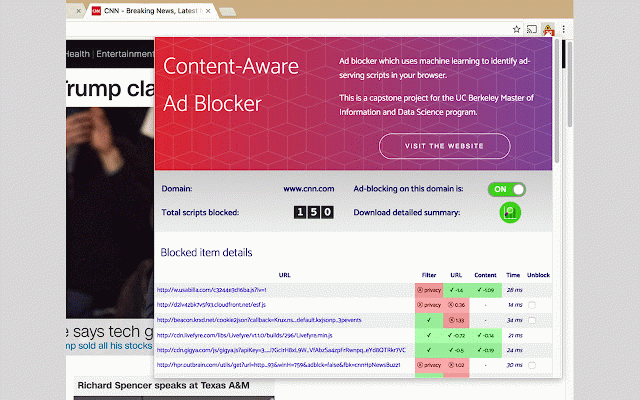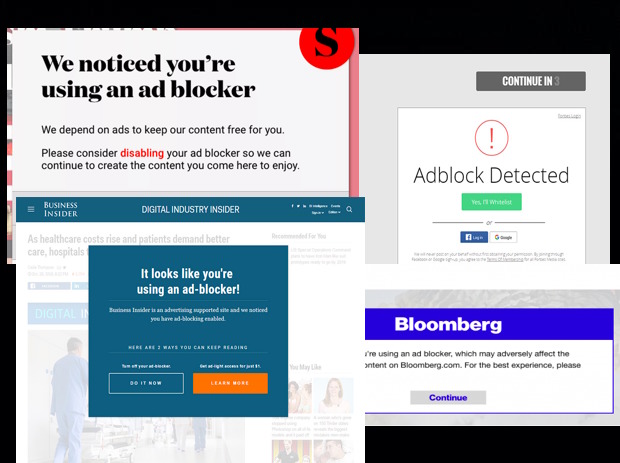
Ghostery, maker of a tracker-blocking extension, still doesn't like the new, somewhat higher limits and raised the prospect of legal action against Google.

Some extension authors aren't mollified, though. "This is absolutely not the goal." Ghostery threatens an antitrust lawsuit "There's been a lot of confusion and misconception around both the motivations and implications of this change, including speculation that these changes were designed to prevent or weaken ad blockers," said Google's Simeon Vincent in a post on the Chromium Blog. Some developers have said this will hobble their ad-blocking and privacy extensions. Manifest v3 is designed to improve Chrome extensions' performance, privacy and security, but one part of that change limits how extensions can modify websites according to a long list of rules - blocking content from internet addresses that supply ads, for example. In January, developers noticed that part of the plan, called Manifest v3, could hurt ad blockers and other extensions that modify website content. Google in October revealed a broad plan to improve Chrome extensions. "Instead, we want to help developers, including content blockers, write extensions in a way that protects users' privacy." "We are not preventing the development of ad blockers or stopping users from blocking ads," said Devlin Cronin in a post on the Google Security Blog.


That's the message in a pair of Google blog posts published Wednesday in response to criticism of the search giant's plan to improve extensions in its Chrome web browser.


 0 kommentar(er)
0 kommentar(er)
